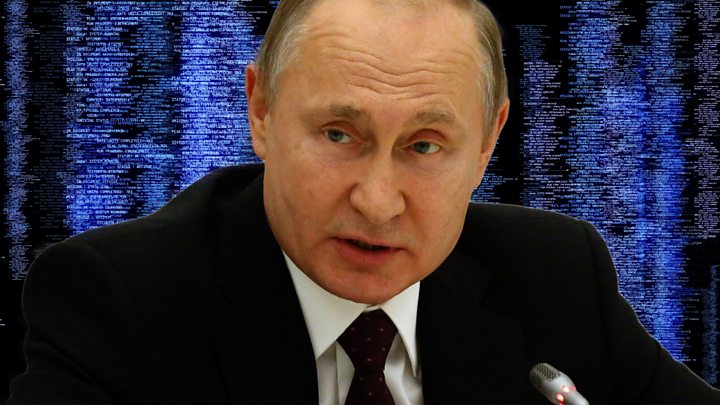Russia Bans Sale Of Gadgets Without Russian-made Software

 Image copyright
Getty Images
Image copyright
Getty Images
Russia has passed a law banning the sale of certain devices that are not pre-installed with Russian software.
The law will come into force in July 2020 and cover smartphones, computers and smart televisions.
Proponents of the legislation say it is aimed at promoting Russian technology and making it easier for people in the country to use the gadgets they buy.
But there are concerns about surveillance and fears that firms could pull out of the Russian market.
The law will not mean devices from other countries cannot be sold with their normal software - but Russian "alternatives" will also have to be installed.
The legislation was passed by Russia's lower house of parliament on Thursday. A complete list of the gadgets affected and the Russian-made software that needs to be pre-installed will be determined by the government.
One of the bill's co-authors, Oleg Nikolayev, has explained how it could help Russian users.
"When we buy complex electronic devices, they already have individual applications, mostly Western ones, pre-installed on them," he said, according to Interfax news agency.
"Naturally, when a person sees them... they might think that there are no domestic alternatives available. And if, alongside pre-installed applications, we will also offer the Russian ones to users, then they will have a right to choose."
But the legislation has faced criticism from manufacturers and distributors in Russia.
The Association of Trading Companies and Manufacturers of Electrical Household and Computer Equipment (RATEK) has said it will not be possible to install Russian-made software on some devices and that the international companies behind the gadgets may leave the Russian market as a result of the law.
Others have raised concerns that the Russian-made software could be used to spy on users.

Media playback is unsupported on your device
Russia has introduced tougher internet laws over the last five years, including requiring search engines to delete some search results and calling on messaging services to share encryption keys.
The latest legislation comes just weeks after the country introduced new controls on the internet through its "sovereign internet" law. In theory, the law gives officials wide-ranging powers to restrict traffic on the Russian web.
The Kremlin says it will improve cyber security, but critics fear the government will try to create an internet firewall similar to that in China.
From Chip War To Cloud War: The Next Frontier In Global Tech Competition
The global chip war, characterized by intense competition among nations and corporations for supremacy in semiconductor ... Read more
The High Stakes Of Tech Regulation: Security Risks And Market Dynamics
The influence of tech giants in the global economy continues to grow, raising crucial questions about how to balance sec... Read more
The Tyranny Of Instagram Interiors: Why It's Time To Break Free From Algorithm-Driven Aesthetics
Instagram has become a dominant force in shaping interior design trends, offering a seemingly endless stream of inspirat... Read more
The Data Crunch In AI: Strategies For Sustainability
Exploring solutions to the imminent exhaustion of internet data for AI training.As the artificial intelligence (AI) indu... Read more
Google Abandons Four-Year Effort To Remove Cookies From Chrome Browser
After four years of dedicated effort, Google has decided to abandon its plan to remove third-party cookies from its Chro... Read more
LinkedIn Embraces AI And Gamification To Drive User Engagement And Revenue
In an effort to tackle slowing revenue growth and enhance user engagement, LinkedIn is turning to artificial intelligenc... Read more

